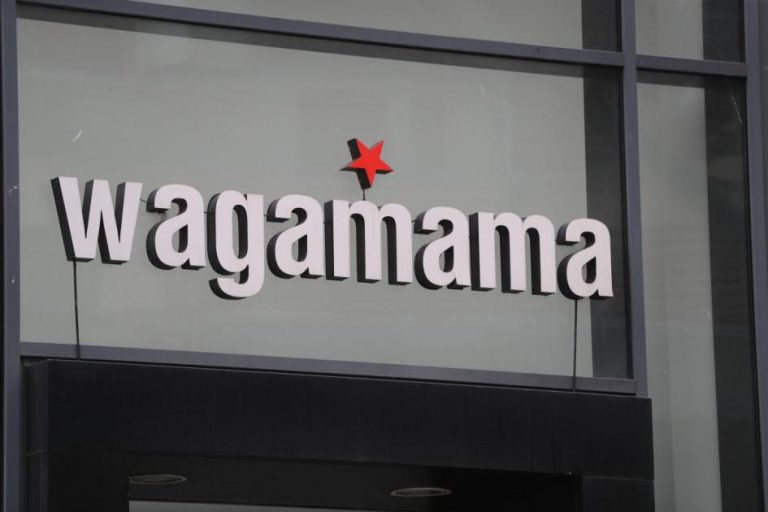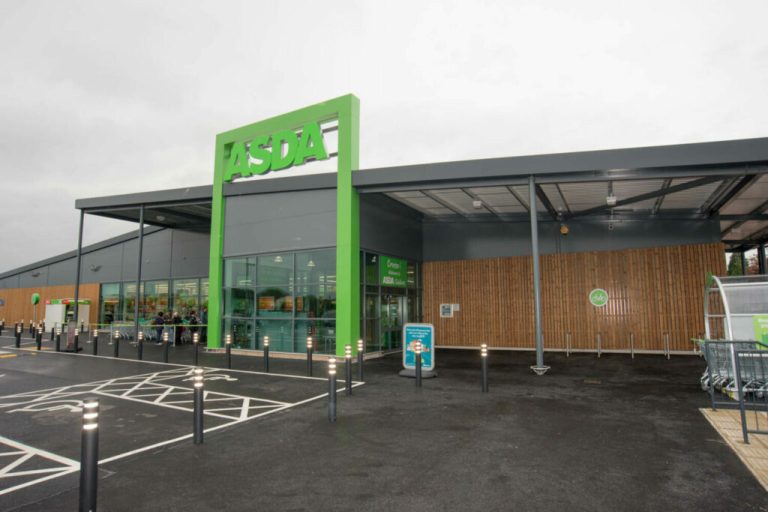Energy firms met today with Secretary of State Grant Shapps during Energy Week to strengthen the UK’s plans for energy security and economic growth. Energy Security Secretary Grant Shapps today hailed the “immense opportunities” available for companies and communities as the UK continues to invest in renewable and other clean technologies and strengthen national energy security. At an industry roundtable in Downing Street this week energy firms across renewables, oil and gas and nuclear all outlined projects worth as much as up to £100 billion, to be built across the UK over the next decade. Government and industry also agreed on the importance of working together across the entire energy sector to: The Secretary of State also outlined the government’s new powers to protect UK energy supplies. Speaking after the event Energy Security Secretary Grant Shapps said: We stand at a crucial point in the UK’s energy history: achieving our goals depends on continued close collaboration with the leaders in the industry. This was the shared consensus at today’s industry roundtable, which I had the privilege of convening, where we discussed the path to strengthen the UK’s energy security and boost economic growth. The consensus among energy firms was clear – there are immense opportunities ahead and these can only be seized if the UK government, industry and regulators work together across the sector to accelerate investment into renewables, bring down bills and deliver on net zero. The investment projects discussed today will not only of safeguard hundreds of thousands of skilled jobs across the country but ensure a resilient and sustainable energy future for the Britain. Attendee comments Keith Anderson, CEO, ScottishPower said: We welcomed the opportunity to hear the Secretary of State’s continued commitment to the UK’s world leading position on tackling climate change and delivering net zero, while growing the economy. As one of the biggest renewables and electricity network investors, ScottishPower is helping drive that growth, creating over 1,000 job in 12 months alone and we look forward to continuing that for decades to come. Tom Glover, RWE’s UK Country Chair said of today’s meeting: With an ambition to invest up to £15 billion in the UK electricity market by 2030, it was good to discuss the issues facing the industry at the roundtable today with Grant Shapps, the Secretary of State for Energy Security and Net Zero, and very reassuring to hear him emphasise the government’s commitment to net zero targets and the UK’s carbon budgets. We emphasised the need for more and regular engagement between government and industry, the continued commitment to net zero and the requirement for interim targets for the electricity sector. We also welcomed the announcement of the latest Track 2 CCS transport and storage projects, and encouraged the government to go further and faster with other CCS projects and CO2 shipping around the UK. David Whitehouse, Offshore Energies UK said: I welcomed the opportunity to represent Offshore Energies UK’s membership of over 400 firms at Number 10 today. These companies’ investments in innovative projects across the sector, from oil and gas to offshore wind, carbon capture and hydrogen are the key getting to net zero and beyond. Today’s energy summit re-iterated the UK’s commitment to achieving net zero, and recognised the key role that domestic oil and gas production and carbon capture and storage will play in that journey. Through ongoing collaboration and pragmatic policy, I am convinced that the UK can unlock the private investment necessary for an energy future that provides security, affordability, creates highly skilled jobs, and tackles climate change. The offshore energy sector’s proven track record over the last 5 decades shows what we can achieve when working collaboratively. Jon Butterworth, CEO of National Gas, said: Gas is at the heart of the UK’s energy security. There were 260 days in 2022 where gas provided over 30% of the nation’s electricity, ensuring the lights were kept on, whilst also keeping our citizens warm and industries fuelled – protecting thousands of jobs and half a million businesses. We welcomed today’s discussion with the Secretary of State and industry leaders, and we will continue to work with the government to strengthen the resilience of our energy sector. Emma Pinchbeck, CEO Energy UK, said: Our industry’s united view is that achieving net zero and energy security go hand in hand, and we welcome the Secretary of State’s renewed commitment to that. The best and quickest way to tackle those challenges, and keep bills affordable for customers, is to rapidly expand our own sources of cheap, clean power alongside reducing demand. Making more homes energy efficient is a no-brainer, and the potential that greater flexibility offers for consumers and the wider energy system will bring down costs for us all. We also need to focus on the immediate issue of support for those customers facing a struggle this winter to afford energy bills that remain much higher than 18 months ago. Enabling all this means having the right environment to attract the necessary investment in face of increasing global competition, developing supply chains and workforce skills and tackling issues around the planning system and grid connections that can hold up the rapid progress we all want to see. Our industry is fully committed to working with government to address all these because we all see the huge opportunities on offer for our economy, our environment and our customers. Ruth Herbert, Chief Executive of the Carbon Capture and Storage Association, said: Today’s meeting was an important opportunity to discuss with energy industry partners how we can collectively deliver secure, affordable, decarbonised energy, with CCUS critical to achieving this and driving future economic growth. We welcome the government’s CCUS announcements this week, which deliver momentum to the industry and a decarbonisation pathway to two important industrial regions. But we still need clarity on the timeline of support if we are to successfully store 20-30Mt of CO2 by 2030 in line with government’s net zero ambitions, and ensure we are not left














